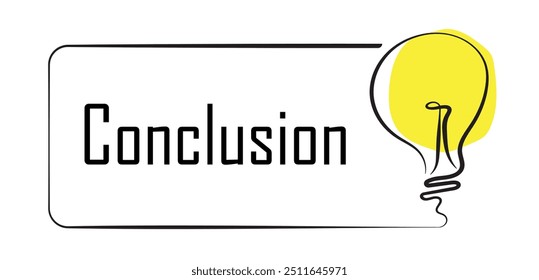Introduction: Sustainable marketing is no longer a buzzword; it’s a necessity for 2025. Consumers today expect brands to do more than just sell products but also contribute to environmental and social well-being. Building a purpose-driven brand isn’t good for the planet; it’s good for business. Companies embracing sustainability build stronger customer loyalty, drive like-minded audiences, and win the competitive market.
1. Why Sustainable Marketing Matters
Consumer Demand: 62% of customers want to buy from brands that share their values and are committed to sustainability.
Regulatory Pressures: Governments worldwide impose stricter environmental regulations and reward green practices.
Brand Differentiation: A sustainable approach differentiates businesses in crowded industries.
Action Tip: Continuously measure your environmental and social impact to ensure your business practices meet consumer expectations.
2. Core Principles of Sustainable Marketing
Transparency: Report sustainability efforts as it is, without exaggeration, but what’s commonly referred to as “greenwashing.”
Long-term commitment: Not a short-term campaign of a few months but something that will stay forever.
Inclusiveness: The sustainable efforts must reach out and not be elitist.
Action Tip: Sustainability Report must be done once a year in order to express the sustainability growth and responsibility
3. Measures to Implement Sustainable Marketing
a. Eco-friendly Products : Use Sustainable Material: This has to be from recyclable and biodegradable or from socially responsible sourcing.
Energy Efficiency: Reduce energy use in production.
Action Tip: Emphasize green aspects of your products in advertising.
b. Green Packaging
Plastic-Free Alternatives: Use biodegradable or reusable packaging
Simple Design: Utilize simple designs to reduce excess packaging
Action Tip: Print how-to recycle/dispose of the packaging on the packaging
c. Ethical Supply Chains
Fair Labor Standards: Suppliers adhere to fair labor standards
Carbon Footprint Measurement: Measure and reduce emissions within supply chain.
Action Tip: Partner with third-party organizations that are fair-trade certified to ensure your sustainability.
d. Community Activations
Local Activations: Engage in local causes concerning environmental or social movements.
Customer Activation: Involves customers in sustainability activities such as recycling activities.
Action Tip: Activate green promotions that make the customer become green
4. Tech Activations for Sustainable Marketing
Blockchain: Use blockchain technology to be able to offer a transparent chain of supply chain sustainability.
AI Analytics: Analyze consumer data for recommendations of individual products and sustainable choice.
Action Tip: Invest in tools that are able to calculate the environmental footprint of your campaign.
5. Measuring Green Marketing Effectiveness
Key Performance Indicators : Track carbon footprint reduction, proper waste management and customer participation into green efforts.
Feedback Loops: Take on customer feedback and incorporate it within your sustainability process.
Action Tip: Share your measurable results with your audience as a way of building trust and credibility.
6. Case Studies: Brands in the Lead
Patagonia: Brand working to environmental activism by sustainable products
Unilever: It reduced its carbon footprint and maintained its growth robust
IKEA: First brand began circular economy as a practice, asking consumers to recycle and reuse
Action Tip: Learn from leaders and adjust their practices in your brand.
Conclusion:
Sustainable marketing does not necessarily reduce carbon footprints. It is not quite that, exactly. Sustainable marketing establishes a linkage of customers who actually care about their planet. All the more relevant connections you create around your brand with a purpose contribute to the universal cause and make your business able to be in such a position for sustainable success. It is time to take action. Actions today, no matter how small they may be, can be meaningful; consistency of a marketing approach should start with a well-grounded foundation in sustainability.









